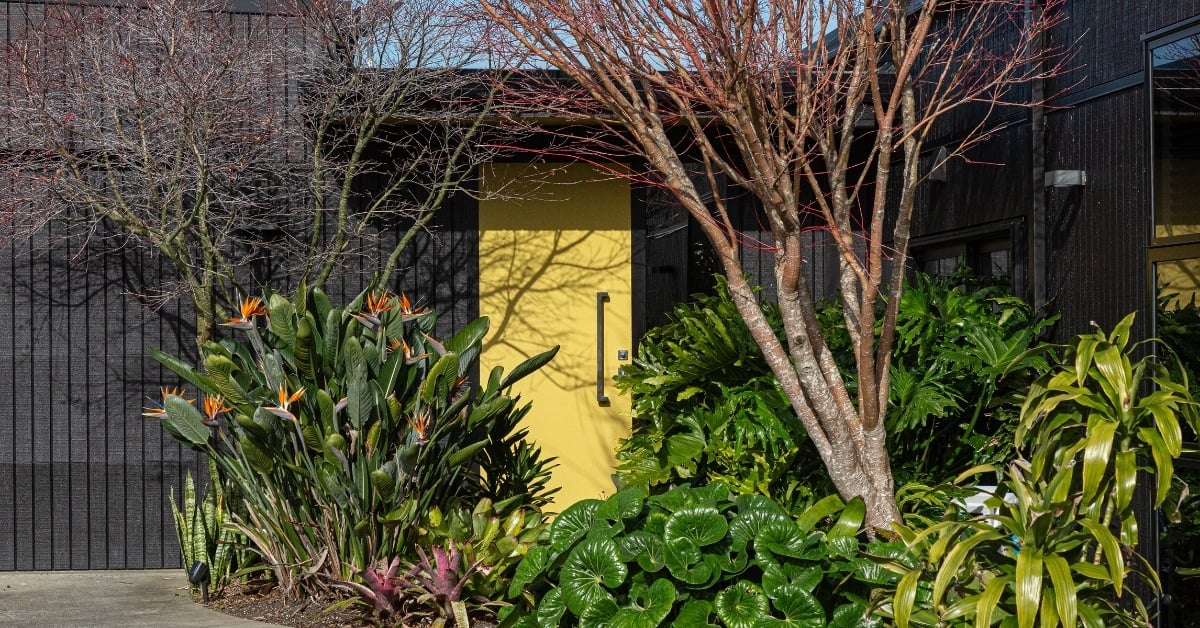Diving into Property Investment with Modest Capital

Property investment stands as a compelling route to shape financial prosperity and secure a brighter future.
Remarkably, one doesn't require boundless wealth to embark on this journey; rather, a well-crafted strategy is the key to achieving your fiscal aspirations.
For those already possessing property, tapping into your existing home's equity might just be the starting point for your investment portfolio. Meanwhile, newcomers to the real estate realm could explore collaboration with family or friends to kickstart their venture.
Wisely managing your funds is paramount. Carefully consider the duration you're willing to hold onto the property and formulate a contingency plan for potential shifts in circumstances that might necessitate a sale.
While rental income isn't a certainty, selecting a property with strong tenant appeal becomes essential. Don't forget to embrace an investor's mindset over that of a homeowner – emotions mustn't sway your decisions. Prudent research and risk assessment should precede any commitment.
Transitioning into a property investor isn't a hasty choice; it demands meticulous planning, financial counsel, and a firm grasp of the real estate landscape.
Prior to making any strides, examine the rental rates and vacancy trends in your chosen neighbourhood. Consider proximity to forthcoming infrastructure like hospitals or transport hubs, as these could spur growth. Could simple updates elevate your returns even further?
The Merits of Real Estate Investment
Property investment has continually charmed investors due to its tangible nature – it's something you can touch and see. Its stability surpasses other forms of investment, offering passive income and room for capital appreciation. This avenue proves especially relevant for first home buyers striving to build capital despite increasing property prices.
Furthermore, with adequate research and planning, real estate investment is relatively accessible.
The Capital Quandary: How Much is Enough?
Remarkably, substantial capital isn't an absolute prerequisite for stepping onto the investment property ladder. However, consistent income is crucial.
Unlike buying a home to live in, you do need to have a larger deposit to secure an investment property. In this instance, you will need at least 35 percent of the property’s value to go towards the deposit. You can source this from either liquid assets or equity in a current property.
Consider exploring a guarantor loan to help raising the needed capital for a deposit. A guarantor loan is when a parent contributes equity from their own home to secure the loan. However, this opens up rise and could strain relationships if not managed cautiously.
Embarking on Your Real Estate Expedition
Before venturing into open homes, a rational plan is a must. Draft goals and a timeline, determining whether you're aiming for swift yields or willing to bide time for long-term gains.
Engage with a local real estate agent who can offer insights into the rental market's nuances and optimal property types for returns.
Assess your eligibility for a mortgage – ensure your credit rating stands strong and curtail existing debts to bolster borrowing capacity. The bank will scrutinise factors like income, expenses and dependents.
Pre-approval will prove to be invaluable. Empowering you to act swiftly when the right property emerges.
Additionally, liaise with your accountant to tailor your strategy – a new property might change your tax requirements. An off-the-plan purchase might suit those requiring extra time for financial readiness.
Low-Cost Real Estate Endeavours
Feasible forays into affordable home investment beckon, contingent on your options awareness.
Consider these avenues for property investment with limited funds:
Owner-Occupier Strategy: Begin as an owner-occupier, reside in the property for a period before transitioning to a rental. As a first home buyer, you could potentially get access to the First Home Grant. If you intend to live there for at least six months, you will also be able to use your KiwiSaver to help towards your deposit.
Rentvesting: A strategic approach where you rent while owning an investment property tailored to your budget. Investment property income can aid mortgage or rental costs.
Joint Ventures: Join forces with a friend, family member, or group to co-invest in property, mitigating individual deposit challenges.
Real Estate Investment Trust (REIT): Explore property investment without a substantial deposit via REITs. Entry-level investments can start at around $500.
Economising Strategies in Property Acquisition
With a plan in place, it's time to execute. Set attainable goals and progressively build a deposit fund.
Analyse your expenses to uncover areas of potential savings. Opting for homemade lunches, curtailing barista-brewed coffees, entertaining at home, and pruning unused subscriptions can all contribute.
Engage utility and insurance providers to explore additional discounts. Utilise websites like Powerswitch or Broadband Compare to see if you’re getting the best deal. Collaborate with a lending specialist to discover unconventional deposit avenues. Refinancing or switching to interest-only payments might augment funds.
Key Considerations
While investment property holds long-term rewards, it shouldn't curb your lifestyle. Alongside mortgage repayments, factor in repair and interest expenses. Be prepared with reserves should the property encounter vacancies.
There is a chance your repayment commitment could surpass rental income, necessitating additional contributions. Other budget elements could include legal fees, conveyancing costs, insurance, council rates, and Body Corporate fees.
Engaging a property manager mitigates landlord responsibilities, including maintenance and repairs, albeit at an added cost.
The Anatomy of a Stellar Investment Property
The 'location, location, location' saying resonates in investment property as much as residential real estate.
Opt for a suburb with broad appeal – accessibility to shops, public transport, childcare, schools, and universities is paramount.
Dwelling type hinges on budget. Survey local vacancy rates to ensure demand matches supply.
Prioritise features tenants seek, such as a master ensuite, internal laundry, ample garage storage, and climate control. Energy-efficient systems, such as double glazed windows, bolster attractiveness. Accommodating pets can elevate rental potential.
Commitment and Patience – the Winning Formula
More than 500,000 New Zealanders own investment property, mostly with one property. Remember, this isn't an overnight feat; returns unfold over time, even across property cycles.
Prioritise diligence – research extensively, seek specialist advice, and engage local real estate professionals. Your investment journey awaits – meticulous planning shall light the way.
Share


